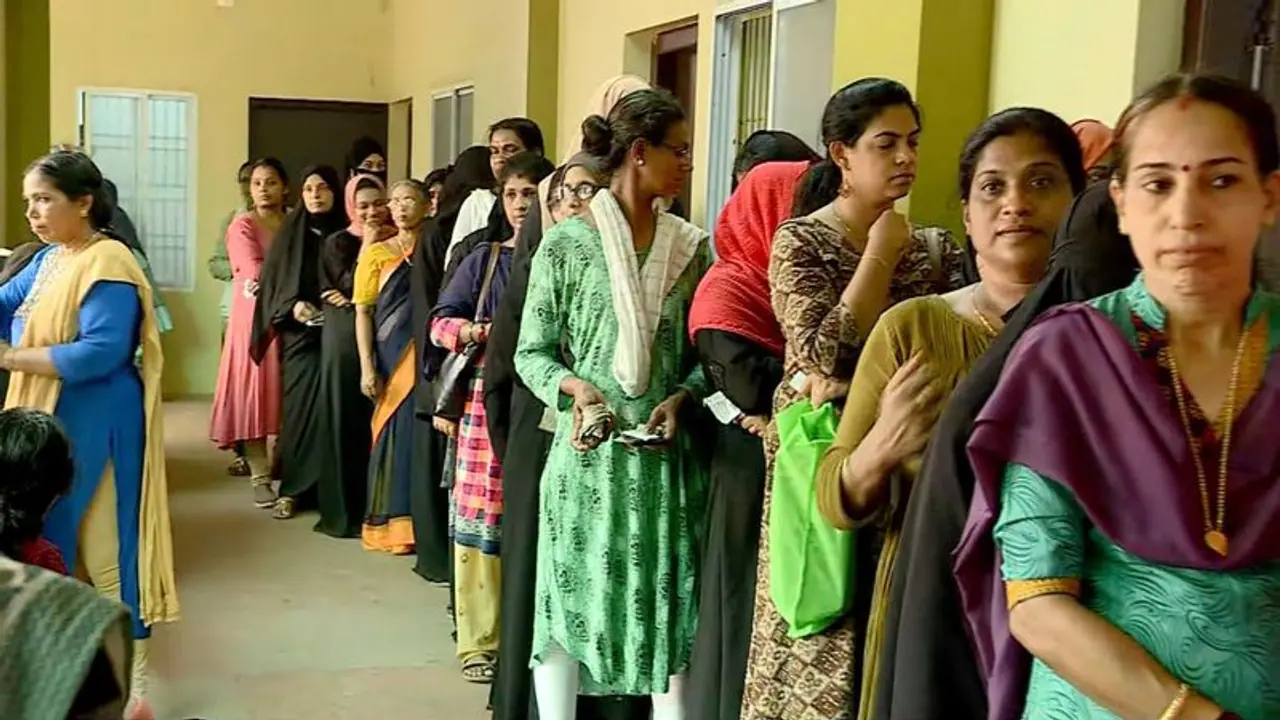Chief Electoral Officer of Kerala Sanjay Kaul said that the polling for the Lok Sabha Elections was delayed to ensure accuracy. Polling continues beyond 6 pm in the Vadakara constituency on April 26.
Thiruvananthapuram: The Chief Electoral Officer (CEO) has said that the Lok Sabha election process and voting in the state is completely satisfactory. CEO Sanjay Kaul explained that the voting machines performed better than in previous years and the delay in voting in some booths was due to the vigilance of officials to ensure accuracy.

The Chief Electoral Officer stated that in 95 percent of the state's 25,231 polling booths, voting was completed by 6 pm. Voting concluded by 8 pm on Friday (April 26) in 99 percent of the polling booths across Kerala. However, polling continued in some booths in the Vadakara constituency. Increased voter turnout after 5 pm led to additional time being taken to complete voting in these booths. Election officials took extra precautions to verify records and ensure accuracy, resulting in the extended duration of polling in those specific areas.
The state, which went to the polls on Friday, recorded 71.16 per cent voter turnout -- down from the 77.67 per cent recorded in 2019.
"Compared to the previous polls, this time the functioning of the EVMs was excellent. In 95 per cent of the 25,231 booths, polling got over at 6 p.m. and by 8 p.m., polling was completed in 99 per cent of the booths. It was in a few booths at the Vadakara Lok Sabha constituency, where polling continued beyond 8 p.m.," said the CEO.
"The delay occurred because of the arrival of a good number of voters and the poll officials took time to verify their documents. Every voter who arrived at the booth before 6 p.m. was given a coupon and everyone was allowed to vote," he added.
Kaul also pointed out that an innovative method was adopted for the first time to avoid external interference in the officials' department completely. Allocation of election officials was done impartially using order software. By entering the information of all the officers in the districts into the software, the officer deployment was completed without any intervention.
The performance of the voting machines in this election has been commendable, with Electronic Voting Machines (EVMs) proving to be flawless compared to previous elections. In the last election, there was an average voting machine failure rate of five percent. However, this time, only 0.44 percent of the ballot units and control units, and 2.1 percent of the VVPATs (Voter Verifiable Paper Audit Trail) were damaged. It is evident that the reliability of the EVMs has significantly improved, he asserted.
